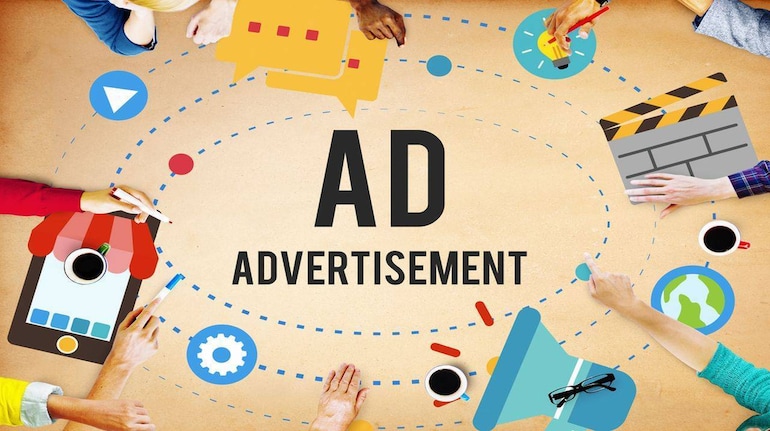



A staggering 69 percent of influencer advertisements failed to meet disclosure requirements in 2024–25, with 56.8 percent lacking disclosure labels entirely and 43.2 percent having disclosures improperly placed within hashtags, the Advertising Standards Council of India (ASCI) revealed in its annual complaints report.
The ad regulator flagged a high rate of non-compliance across platforms—including LinkedIn—while also noting a sharp rise in ads promoting prohibited products like offshore betting, alcohol, and miracle health remedies.
Out of the 1,015 advertisements processed for influencer violations, 98 percent required modification, the ad regulator said.
While 48 percent of influencers promptly made corrections to their posts, one-third were found to be promoting products that are disallowed by law. On average, 75 percent of the non-contested ads were modified within five business days. In addition, 83 percent of influencers have complied with disclosure guidelines as of May 14, 2025.
Out of 100 influencer posts reviewed, only 29 percent had proper disclosures, while 2 percent cases were dismissed due to evidence of no material connection.
As many as 59 non-compliant influencers readily agreed to corrections, five did so after jury recommendations, and five influencer ads were escalated to the Ministry of Information & Broadcasting for continued non-compliance.
Fashion and lifestyle, telecom products, and personal care sectors were the primary offenders, accounting for 62 percent of all violations.
Linkedin influencer posts
ASCI also raised concerns about non-compliance in LinkedIn posts.
Unlike mainstream social media platforms where paid promotions are now routine, brand collaborations on LinkedIn are still relatively new, the regulator said.
"Although LinkedIn introduced its 'Brand Partnership' label about two years ago, limited usage and poor visibility mean many remain unaware of it. LinkedIn has seen professionals posting favourable views about products, services, or ad campaigns without disclosing their material connections. This lack of transparency is misleading. When influencers fail to declare material connections— using simple labels like 'Ad' or 'Partnership' which are prominent and unmissable, audiences may mistake sponsored content for independent opinion," ASCI said.
Since January 2025, ASCI has investigated 121 LinkedIn influencer posts flagged by users for failing to disclose material connections and has issued an advisory urging all LinkedIn influencers to comply with the ASCI Guidelines for Influencers in Digital Media and the CCPA (Central Consumer Protection Authority) regulations under the Consumer Protection Act, 2019.
ASCI has also been escalating advertisements that are prohibited by law to appropriate regulators for necessary action. The number of such ads increased from 2,707 in 2023-24 to 3,347 in 2024-25. These ads pertain to laws prohibiting advertising of harmful products like betting/gambling, drugs claiming magic health remedies, alcohol, and tobacco. These ads are rampant online.
Betting ads
A huge surge in reporting of offshore betting and gambling ads was recorded with 3,081 cases in 2024-25 versus 1,311 in the previous year.
ASCI has also partnered with online gaming federations since January this year and established a special monitoring unit, helping in greater scrutiny of such ads.
The special monitoring unit identified many illegal betting platforms being promoted through disguised ads on community and fan pages, including brand tickers and influencer bios. As many as 318 influencers were identified, promoting offshore gambling ads on social media. Many community pages also showcased individuals claiming exaggerated gains from placing minimal bets, with embedded links to the betting platforms, often generating high viewer engagement. Additionally, several digital posts impersonating actors, news anchors, and other well-known personalities, showcasing how they profited from these platforms, were flagged to government regulators for urgent attention.
In addition, the regulator reported 21 ads that directly promoted alcohol beverages on social media to the Ministry of Information & Broadcasting and 12 ads promoting unauthorised forex trading apps were reported to the Reserve Bank of India.
False green claims
Many brands were found to be making false green claims. ASCI investigated 211 advertisements for potentially making false or exaggerated environmental claims, compared to 34 such ads the year before. 100 percent of these ads required modification as they lacked the evidence to back up their green claims.
A total of 9,599 complaints were looked into by ASCI and 7,199 advertisements were scrutinised. 98 percent of the ads scrutinised required some form of modification.
Most of the ad violations were on digital platforms with Meta leading the list.
In 2024-25, offshore betting emerged as the most violative sector, contributing to 43 percent of cases, followed by realty at 24.9 percent, personal care at 5.7 percent, healthcare at 5.23 percent, and food and beverage at 4.69 percent. Influencer violations contributed to 14 percent of the ads processed.
Discover the latest Business News, Sensex, and Nifty updates. Obtain Personal Finance insights, tax queries, and expert opinions on Moneycontrol or download the Moneycontrol App to stay updated!
Find the best of Al News in one place, specially curated for you every weekend.
Stay on top of the latest tech trends and biggest startup news.